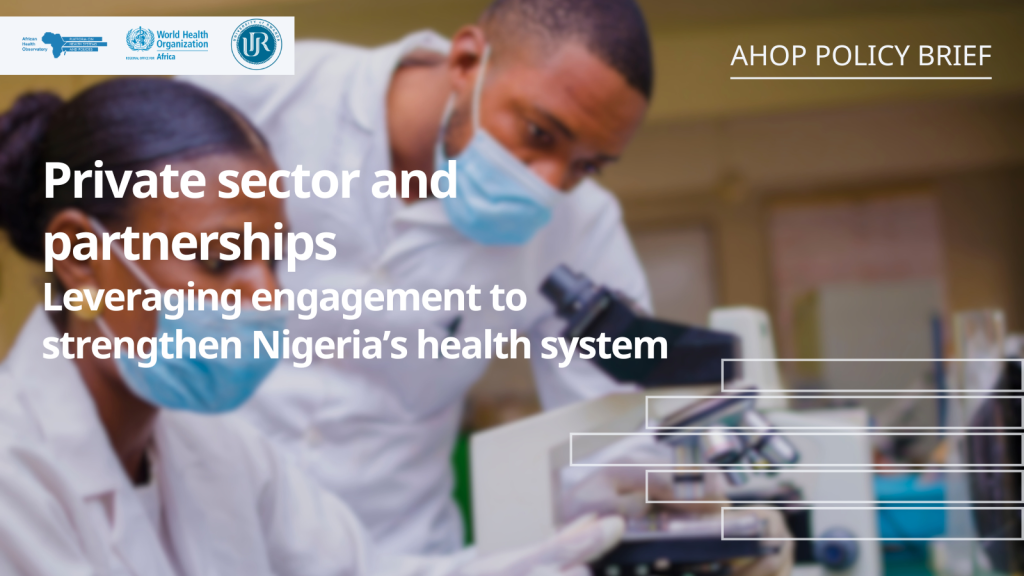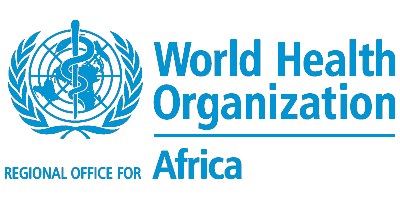Leveraging engagement from the private sector is essential to strengthening Nigeria’s health system, new policy brief reports
Nigeria has a mixed health system that recognises private-sector participation. However, several national health policies rarely explicitly include the private sector and its roles, even though a public-private partnership (PPP) policy exists. The policy brief documents that the implementation of the PPP policy for the health sector primarily serves regulatory aims, with little or no steer towards the private sector’s contribution to achieving national health policy objectives. Also, accountability mechanisms for engaging the private sector are not sufficiently established in both the PPP and other national health policies.
This policy brief from our Nigeria National Centre – Health Policy Research Group, University of Nigeria – assesses the private sector’s role in health financing and health service delivery in Nigeria over the past decade, offering insights for strengthening the private sector’s ongoing participation in the country’s health system.
Private sector contributions to health financing in Nigeria have been mainly reactive, driven by crises such as the Ebola outbreak, internal displacement, and the COVID-19 pandemic. During COVID-19, the Coalition Against COVID-19—comprising business leaders, government, NGOs, and banking stakeholders—donated ₦30 billion and coordinated funding and purchasing efforts. While these responses mainly were ad hoc, some states (e.g., Kano, Kaduna, Zamfara) have implemented structured basket fund contributions from the private sector, enhancing government health budgets and expanding fiscal space for primary health care, especially. However, overall, private health insurance coverage and contributions to pooled funds remain low.
Private sector service delivery in Nigeria accounts for over 70% of healthcare access, yet operates largely outside any formal PPP framework or referral system. Contributions are mostly ad hoc, driven by NGOs. However, the COVID-19 pandemic demonstrated the feasibility of structured private sector engagement, offering a model for advancing toward Universal Health Coverage (UHC).
Achieving UHC in Nigeria is more feasible when the private sector’s role is gainfully harnessed. The private sector can collaboratively fund and deliver essential health services with the public sector, if engagements are formalised, instituted and optimally regulated.
AHOP is a regional partnership that promotes evidence-informed policy-making. It is hosted by the WHO Regional Office for Africa (WHO AFRO) and is a network of centres of excellence from across the region, leveraging existing national and regional collaborations.
The extended summary is now available for download in English and French. The entire policy brief will be published online soon.









